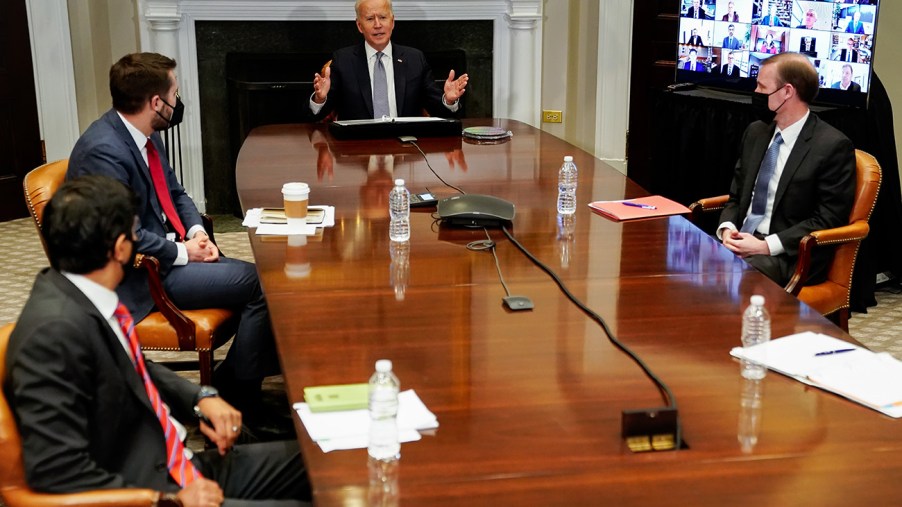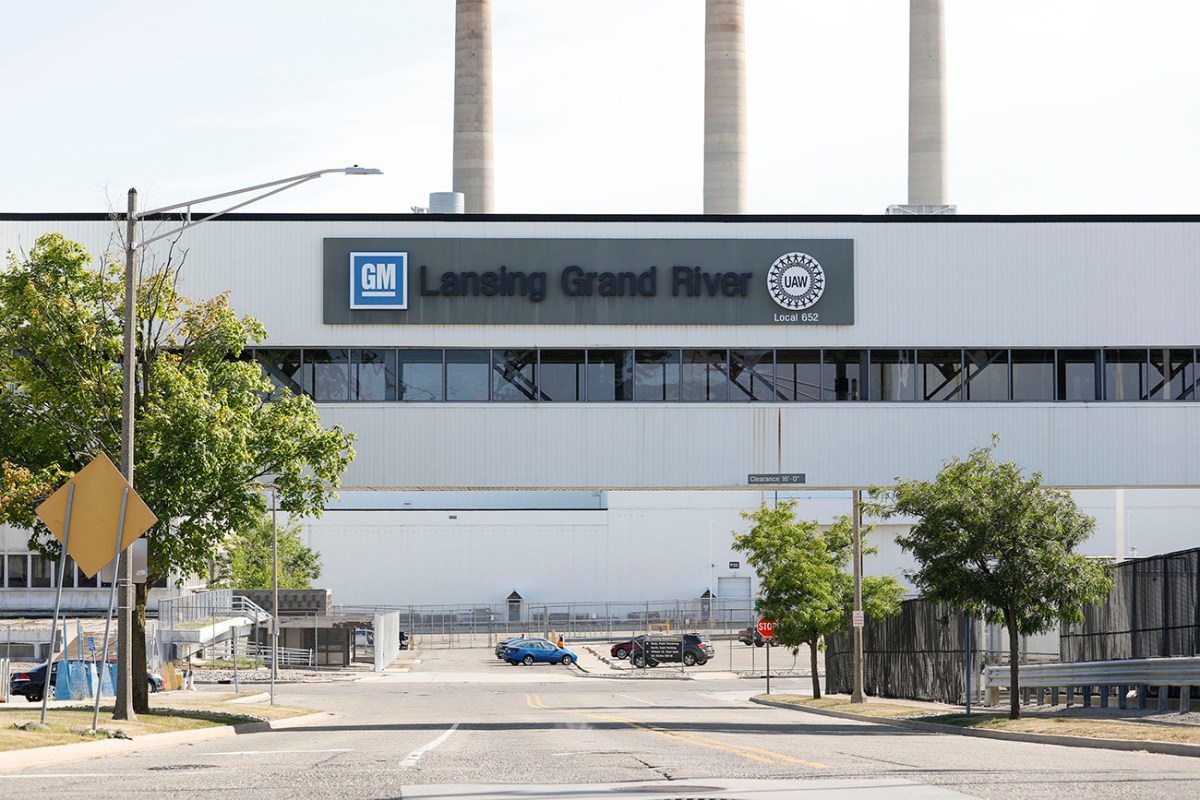
White House Meets With Big Three Over Chip Shortage
The global semiconductor chip shortage is having major effects on supply chains across several industries, including automakers. There have been multiple instances in which car factories had to temporarily shut down due to the chip shortage affecting their ability to produce vital parts for vehicles.
The White House is looking to get involved and try to alleviate the problem. Today (Thursday, September 23rd, 2021), Commerce Secretary Gina Raimondo and White House National Economic Council director will meet with representatives from the Detroit “big three” (General Motors, Ford, and Stellantis). The meeting will revolve around how the Biden Administration can help address the manufacturing crisis that American automakers are dealing with in the face of the chip shortage.
When factories have to shut down due to lack of parts, hourly employees are not working, and the cars that are supposed to be produced will have their sales delayed. These factors have a direct impact on the country’s economy. That means the Biden Administration will likely make addressing this issue a major priority.
According to a report from Reuters, The White House will send out a “voluntary request for information” to automakers and other firms that are part of the auto industry supply chain. The goal is to get information straight from the source on how exactly the chip shortage is hindering car production.
The Biden Administration is giving the firms 45 days to respond with details about “supply and demand, inventory, ordering and customer segments,” according to a White House official.
Which automakers are hurt most by the chip shortage?

The meeting at the White House was specifically with the “big three” American automakers, but they are not the only manufacturers that have suffered through the global chip shortage.
Subaru had to shut down a plant in Japan due to the chip shortage, and a BMW MINI plant also had to halt production temporarily. Other brands such as Ford and Jeep simply had to delay production and did not have to come to a complete stop.
On the other hand, some manufacturers seemingly had no issue with the chip shortage at all. Hyundai. In May 2021, Hyundai saw a 56 percent increase in sales over May 2020, which broke a record for the Korean automaker.
We speculated that Hyundai may have seen the chip shortage coming and bought extra to have reserves to ensure continued production.
Tesla is another manufacturer that seems to be unaffected by the chip shortage. According to an earnings report to their investors, Tesla explained that they avoided issues from the shortage by a combination of foresight and pivoting to new microcontrollers while also changing their firmware to work with chips from a different supplier.
It seems other manufacturers could not or did not employ the same strategy. Time will tell if the White House can come up with a solution to the chip shortage. Even then, it remains to be seen if the Biden Administration’s plan will only help the big three or if it will work with other automakers who build their vehicles in America.


